SUSTAINABILITY
Backaplan: a future visionBackaplan of the future is being developed with its sights set on just that – the future. There is a strong emphasis on developing a sustainable city neighbourhood from an ecological, economic and social perspective. The entire development is utilising enterprising knowledge and expertise in fields such as urban planning, architecture, the environment, landscaping and social sustainability.
A sustainable city neighbourhood
Developing a sustainable city neighbourhood is largely about meeting current and future climate-related challenges. The focus is on efficient energy use and building energy-efficient buildings – in the right way, with the right materials. Premises and living areas need to be flexible and adaptable to meet changing needs. Functions are shared and enjoyed by many different users. The buildings will have simple, easily accessible waste separation, recycling stations and bicycle pools, enabling residents to live as sustainably as possible.
Social sustainability
Social sustainability is an important aspect in the area’s development. Planning activities for different target groups strengthens Backaplan of the future’s social and cultural diversity. Flexible, cross-generational meeting-places are being created that contribute to empowerment and participation, while also boosting quality of life and increasing peace of mind and well-being for residents and visitors alike.
Climate friendly
The new city neighbourhood will be adapted to altered climate conditions in the future, to cope with rising water levels and higher temperatures. Green areas are being established to reduce noise and to promote biodiversity. One important element of a sustainability mindset is to provide locally produced electricity via roof-mounted solar panels and to use low-carbon construction materials.
We have so far saved in excess of 800,000 kg CO2 during stage 1, which roughly equates to the annual consumption of 11,000 petrol cars. This is a good indication of what can be achieved through these efforts.
Mobility
In Backaplan of the future, it will be easily to move around sustainably. The new area will offer good infrastructure for cyclists and pedestrians, along with a well-developed public transport network that will include a new commuter train station at Brunnsbo.
Good local services reduce the need to own a car. The neighbourhood will offer a wide range of sustainable mobility solutions for private individuals and businesses alike, such as bicycle hire, car pools with easily accessible charging stations and electrically powered goods transport.
FAQ
How is Backaplan of the future facilitating a low-impact, eco-friendly lifestyle?
Is it environmentally sound to build so close to the water?
The zoning plans for the area take into account rising sea levels and heavier rainfall in the future. For this reason, all new construction will be elevated above ground level and several parks will be built to divert and store storm run-off.
How are you promoting social sustainability in the new neighbourhood?
How is the project taking biodiversity into account?
Where can I find feasibility studies and other documents about the sustainability of Backaplan of the future?
The City of Gothenburg website provides access to several feasibility studies that address the project’s environmental requirements and ecological impact.
